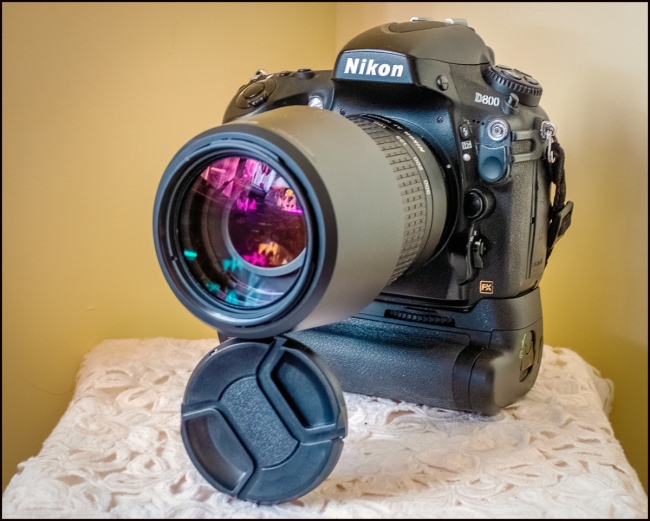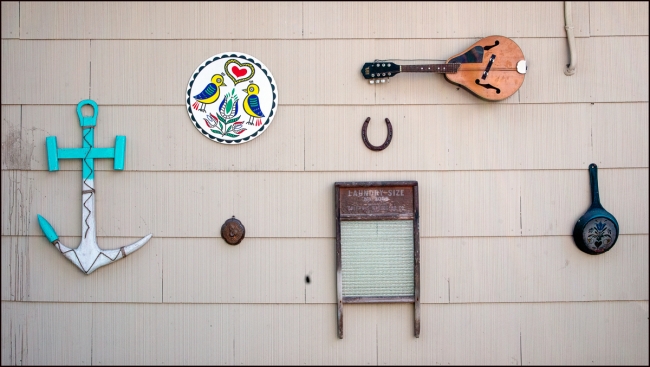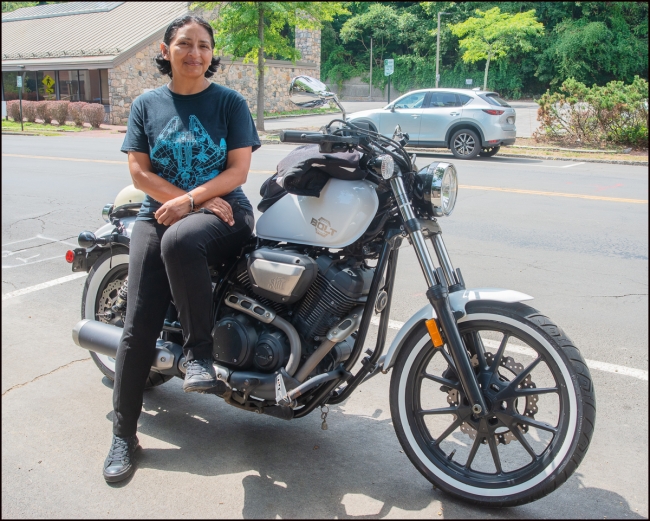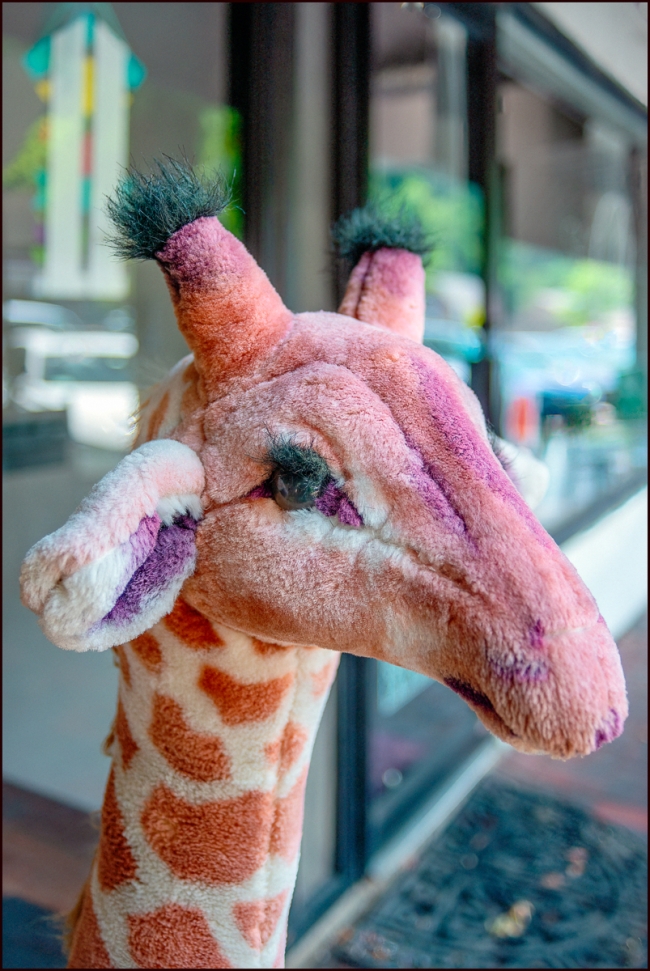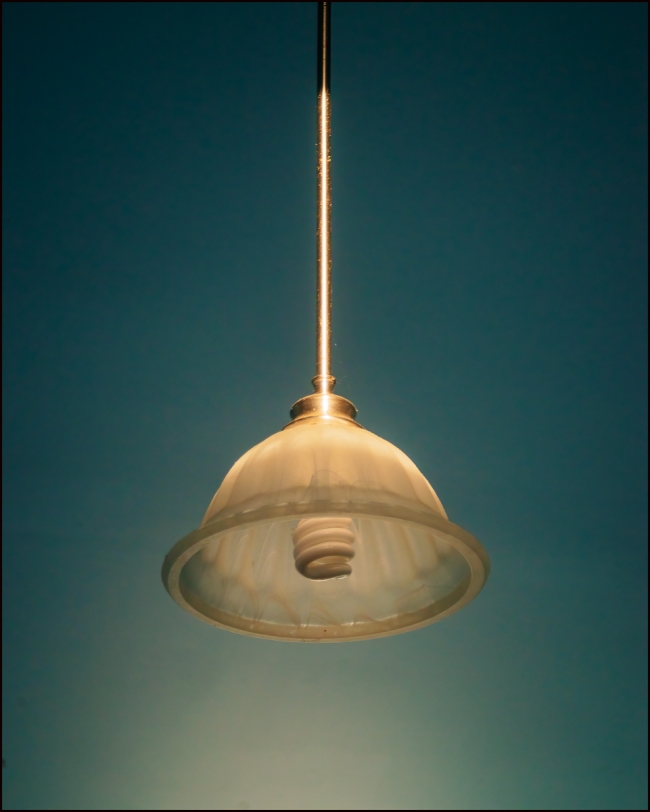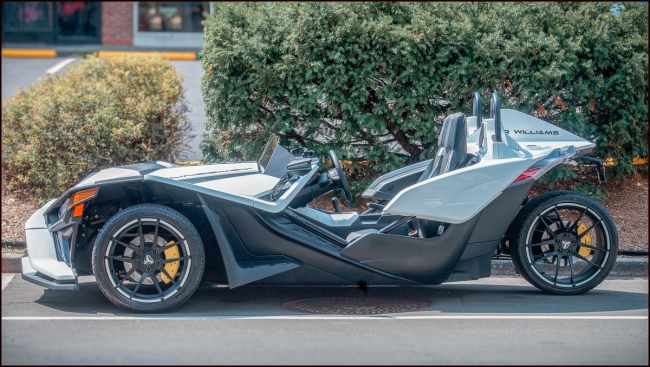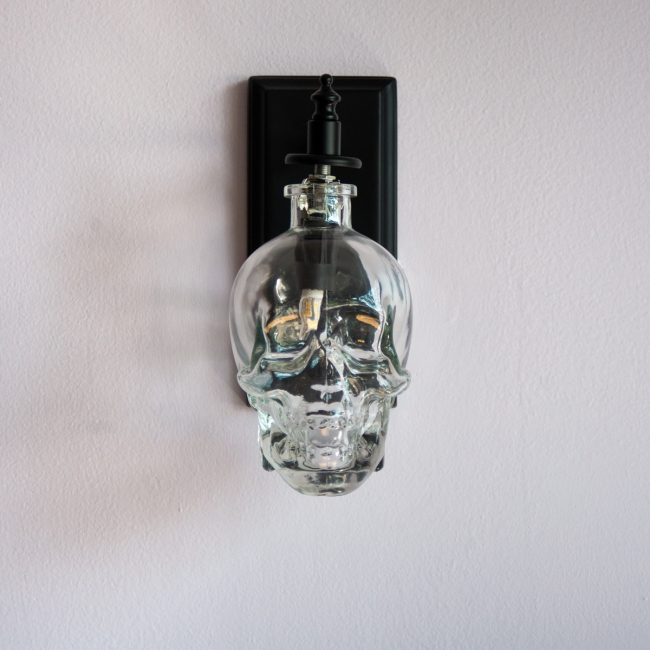For a while now I’ve been collecting old digital cameras. For how this started see: I don’t know what came over me
My latest acquisition is a Nikon D800, which I came across at a very reasonable price. I’d never tried a Nikon full frame camera and thought this might be a good place to start. It’s seen above with a battery grip and Nikon AF Nikkor 70-300mm f4-5.6 G.
The Nikon D800 is a 36.3-megapixel professional-grade full-frame digital single-lens reflex camera produced by Nikon Corporation. It was given a Gold Award by Digital Photography Review.
It was officially announced on February 7, 2012 and went on sale in late March 2012 for the suggested retail price of $2999.95 in the U.S., £2399 in the UK, and €2892 in the Eurozone. Shortly after the camera went on sale, Nikon’s UK subsidiary increased the price of the D800 in that market by £200 to £2599, saying that the original price was due to an “internal systems error”. However, Nikon honored the original price for all pre-orders placed before March 24, and added that no price changes would be made in other markets. (Wikipedia)
For a complete list of specifications see here:
I also came across an interesting piece on Ricks Reviews entitled: “Nikon D800, a 2022 review” in which he concludes:
The Nikon D800 still is a very impressive camera. Even today the resolution and dynamic range are high-end even compared to newly introduced cameras. That is very impressive for a camera that was introduced 5 years ago (Note: much the review is an updated version of a piece that was written in 2017 and updated in 2022. The author stands by his earlier comments). The Nikon D810 is a refined version of the original D800 and still is the go-to camera for professionals that need high resolution images. That say a lot since the D810 still uses (basically) the same sensor and AF system as the older D800. The camera is built to last and very durable. It is big and heavy, something you must be able to accept when you buy one. And to take full advantage of this camera you’ll also need sharp lenses, and most truly sharp lenses aren’t small or light either adding to the bulk and weight. Furthermore you need your shooting technique to be on the top of your game, use high shutter speeds to make sure you don’t have motion blur. And you have to fine tune the auto focus for all your lenses to make sure it is spot on. Only then you will see the magnificent image quality this camera is able to deliver.
I’d pretty much agree with everything he says.
Sample images:
Taken with a Fuji X-E3 and Fuji XF 35mm f1.4 R

